Mercury falling: how a cooler bedroom helps you sleep.
Ever woken up at night with your feet and hands dangling out from under the duvet? That’s your body trying to cool itself down and give you a better night’s sleep. And it probably means you’ve got your thermostat set too high.
As the mercury plunges outside, you might think a toasty bedroom is the best way to guarantee a good night’s shut-eye. But in fact, turning up the temperature disrupts your body’s circadian rhythm, meaning you’ll find it harder to get to sleep. And, once you do, you’ll spend less time in the deep, stable slumber that your body and brain crave.
We’re biologically programmed to recognise night-time not just by the onset of darkness but also by a drop in temperature. Both contribute to the naturally timed release of melatonin that signals to our brain that it’s time to sleep.
The optimum room temperature for quality sleep.
To nod off, your core body temperature needs to drop by at least 1°C (2-3°F). Scientists consider the optimum room temperature for most people to sleep to be around 16 °C to 18 °C. That’s several degrees below the ambient temperature most of us maintain at home during the day.
Our hands, feet and head are best at radiating heat out. That’s why your limbs take on a life of their own and sneak from under the duvet if your bedroom is too hot. It’s also why a bath before bed helps you sleep: not because it warms you up, but because it draws blood to the surface of your skin and helps you shed heat. Splashing water on your hands and face before bed has the same effect.
Set your thermostat to wake up naturally.
If you struggle to get up in the cold and dark, changing your thermostat settings may help in the mornings too. Just as a drop in temperature helps you to drift off faster, so too a rise in temperature can help draw you out of your slumber. Try setting your thermostat to boost the temperature in your bedroom 15 or 20 minutes earlier in the mornings: we bet you’ll wake up naturally just before your alarm goes off.
Our 100% Cotton bedding is designed to help regulate your body temperature, a vital part of the formula for a regenerative night’s sleep. But your thermostat also has a major role to play. So, think about dropping the temperature a few degrees at night. Not only will it give you a better night’s sleep, it might just save you a few pennies on your heating bill too.

Better Sheets, Better Sleep
bedable sheets are made from 100% Cotton.
Cotton absorbs perspiration and regulates
the body temperature for uninterrupted sleep.
People Also Asked
What is the healthiest room temperature for sleeping?
The healthiest room temperature for sleeping is generally between 18-20°C (64-68°F). This range promotes better sleep quality by supporting the body's natural temperature drop during rest.
Is 24C good for sleeping?
24°C is typically too warm for optimal sleep. Most sleep experts recommend a cooler environment, as excessive warmth can disrupt sleep patterns and lead to restlessness.
Is 22 degrees good for sleeping?
22°C is slightly warmer than ideal but can be acceptable for some individuals. However, a temperature between 18-20°C is generally recommended for better sleep quality.
What is the ideal body temperature for a good night sleep?
The ideal core body temperature for sleep is about 37°C (98.6°F). However, your body naturally cools by 1-2 degrees during sleep, which is why a cooler room temperature is beneficial.
Is it better to sleep hot or cold?
It's generally better to sleep in a cool environment. A cooler room temperature helps facilitate the natural drop in body temperature associated with good sleep, promoting deeper and more restful slumber.
Is 26 degrees too hot to sleep?
Yes, 26°C is too hot for comfortable sleep for most people. This temperature can lead to restlessness, night sweats, and poor sleep quality.
Is it unhealthy to sleep in a cold room?
Sleeping in a moderately cold room (around 18-20°C) is not unhealthy; it's actually beneficial for sleep quality. However, extremely cold temperatures below 12°C can be detrimental to health and sleep.
Is 24 too hot for a room?
24°C is generally too warm for optimal comfort, especially for sleeping. For daytime living areas, it might be acceptable, but for bedrooms, a cooler temperature is preferable.
Is sleep mode good for AC?
Sleep mode on AC units is beneficial for energy efficiency and comfort. It gradually adjusts the temperature throughout the night, aligning with your body's changing temperature needs during sleep.
What is the best sleeping position?
The best sleeping position varies per individual, but sleeping on your back is often recommended. It helps maintain spine alignment and can reduce neck and back pain.
What is the best temperature to sleep in AC?
The best AC temperature for sleeping is between 18-20°C (64-68°F). This range supports the body's natural cooling process during sleep, promoting better rest.
What is the optimal sleeping time?
The optimal sleeping time for adults is generally 7-9 hours per night. However, individual needs may vary based on age, lifestyle, and health factors.
What is the perfect room temperature for sleeping?
The perfect room temperature for sleeping is typically around 18.3°C (65°F). This temperature supports the body's natural cooling process during sleep, enhancing sleep quality.
Why do I sleep better in the cold?
You sleep better in the cold because cooler temperatures facilitate your body's natural drop in core temperature during sleep. This drop is associated with the release of sleep hormones like melatonin.
Why does heat make you sleepy?
Heat can make you sleepy because your body expends energy trying to cool down, leading to fatigue. However, excessive heat can actually disrupt sleep, making it harder to fall and stay asleep.
Is it better to sleep without a pillow?
Sleeping without a pillow can be beneficial for some, especially back sleepers, as it can help maintain proper spine alignment. However, side and stomach sleepers often need pillows for proper support.
What temperature should your house be overnight?
Your house temperature overnight should ideally be between 18-20°C (64-68°F). This range promotes better sleep quality and is energy-efficient.
What is the best temperature for a house?
The best temperature for a house during waking hours is generally between 20-22°C (68-72°F) for comfort and energy efficiency. At night, slightly cooler temperatures are preferable for sleep.
Should I sleep with AC on?
Sleeping with AC on can be beneficial if it helps maintain a cool, comfortable temperature between 18-20°C. Ensure proper maintenance and use sleep mode for energy efficiency.
What is an unsafe temperature to sleep in?
Unsafe sleeping temperatures are typically those above 32°C (90°F) or below 12°C (54°F). These extremes can lead to health risks and severely disrupt sleep quality.
Is 27 degrees good for sleeping?
27°C is too warm for comfortable sleep for most people. This temperature can lead to restlessness, night sweats, and poor sleep quality.
What is the best AC temperature for sleeping?
The best AC temperature for sleeping is between 18-20°C (64-68°F). This range supports the body's natural cooling process during sleep, promoting better rest.
Why do we sleep better when it rains?
We often sleep better when it rains due to the soothing background noise and the slight drop in temperature that often accompanies rain. These factors can promote relaxation and deeper sleep.
What happens if you sleep in a hot room?
Sleeping in a hot room can lead to restlessness, night sweats, and poor sleep quality. It can disrupt your sleep cycle, leading to fatigue and irritability the next day.
Can a baby sleep in 27 degrees?
27°C is too warm for a baby to sleep comfortably and safely. Babies are more sensitive to temperature changes and can overheat easily. A room temperature between 16-20°C is recommended for infants.
What temperature is best for health?
The best temperature for overall health during waking hours is generally between 20-22°C (68-72°F). This range balances comfort with energy efficiency and supports various bodily functions.



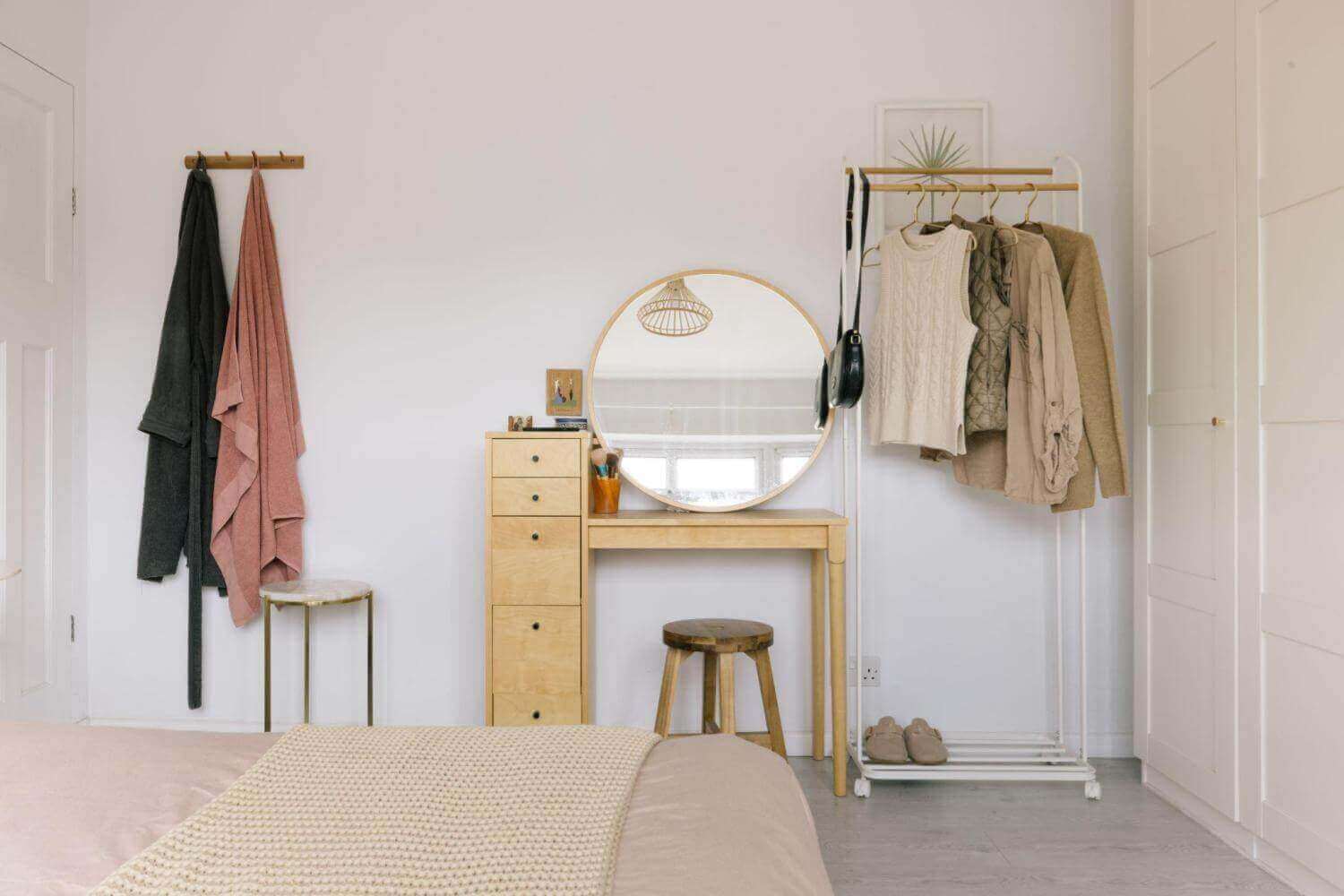
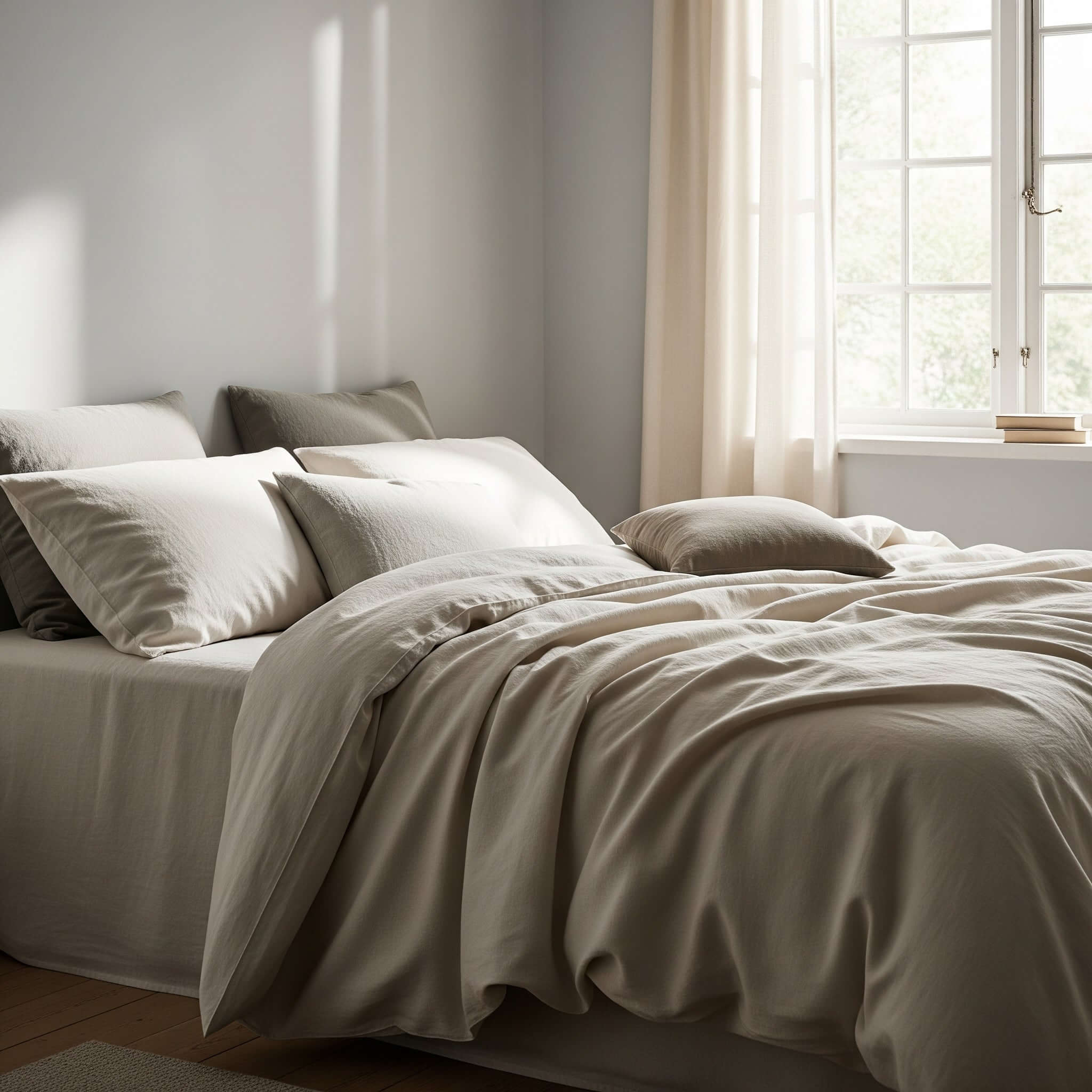
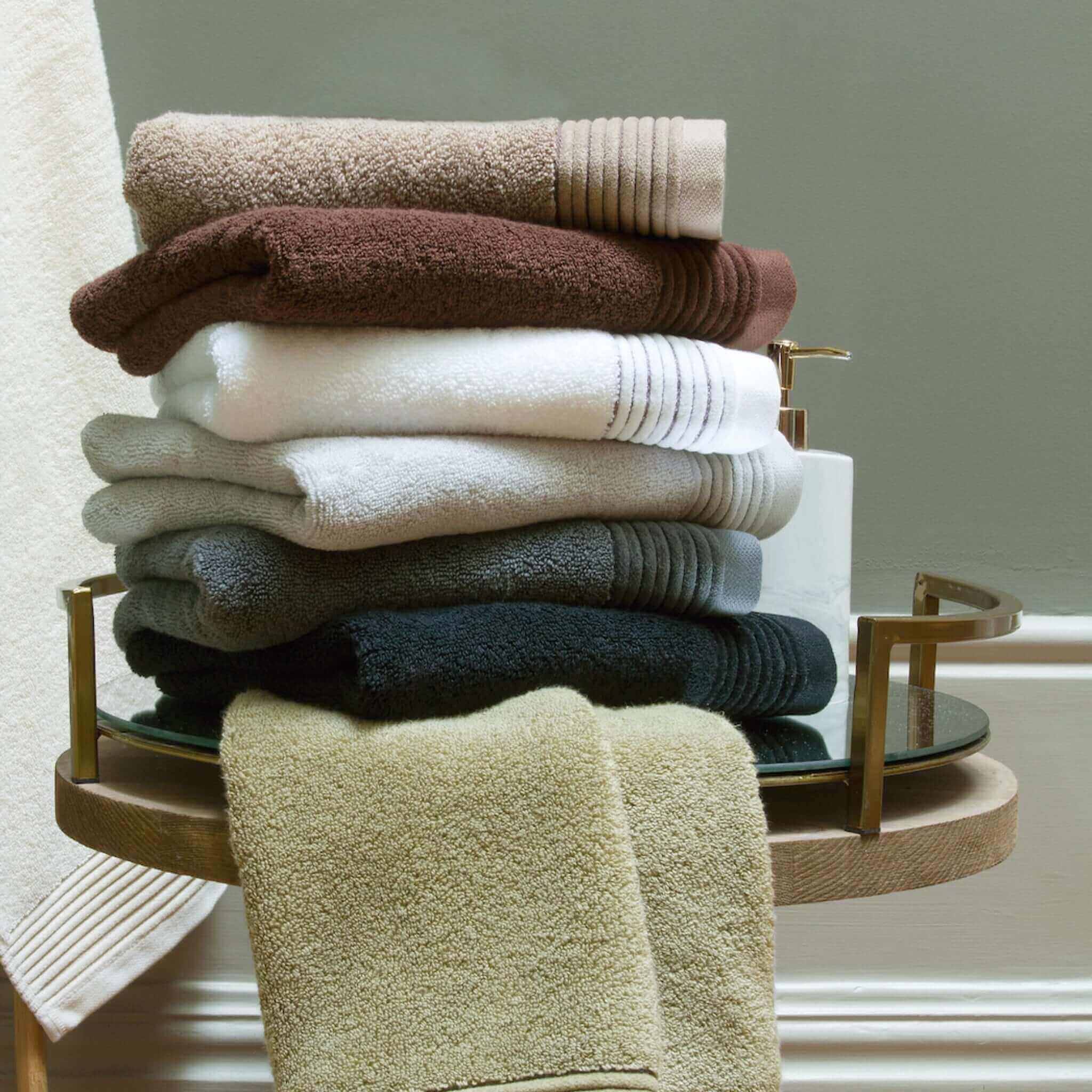
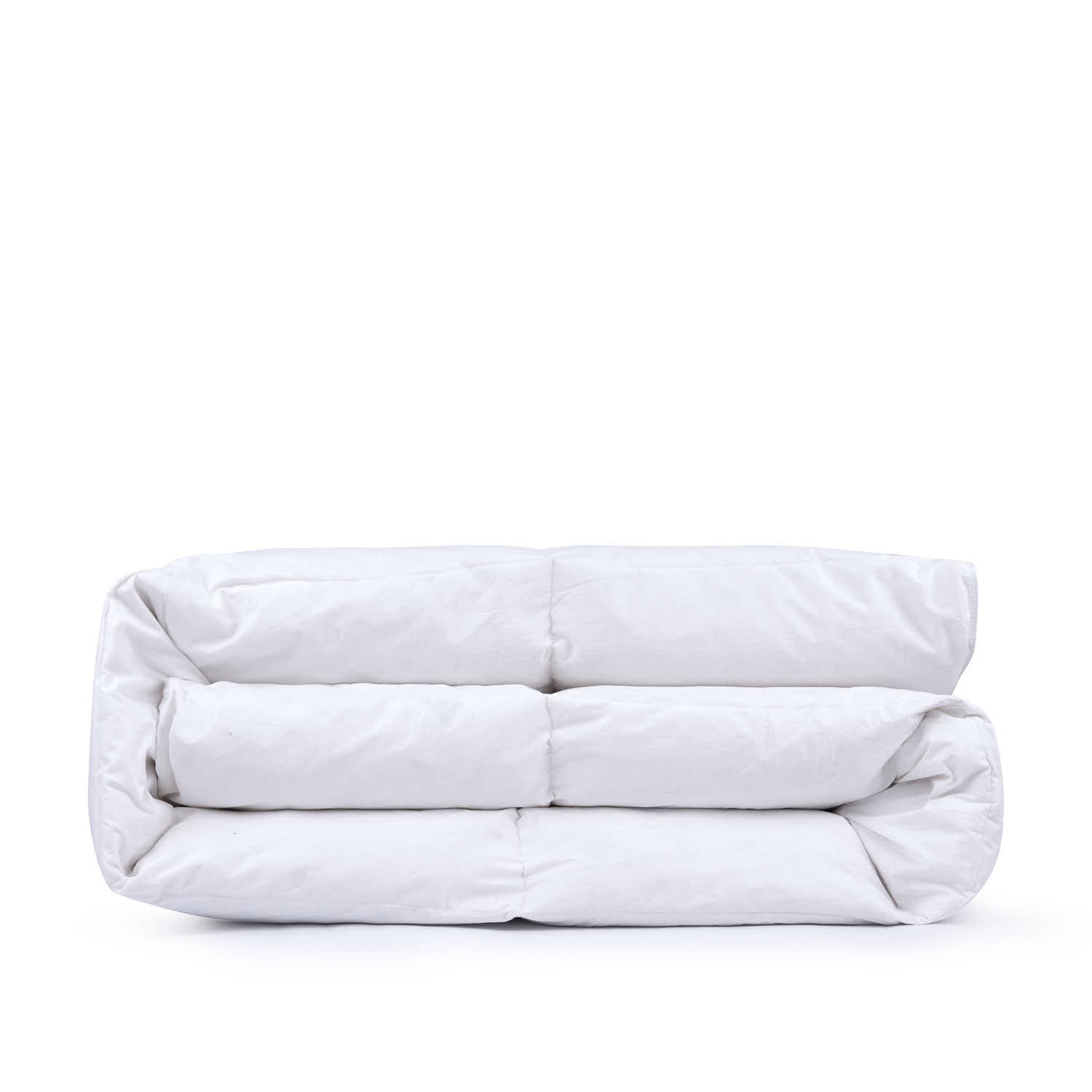

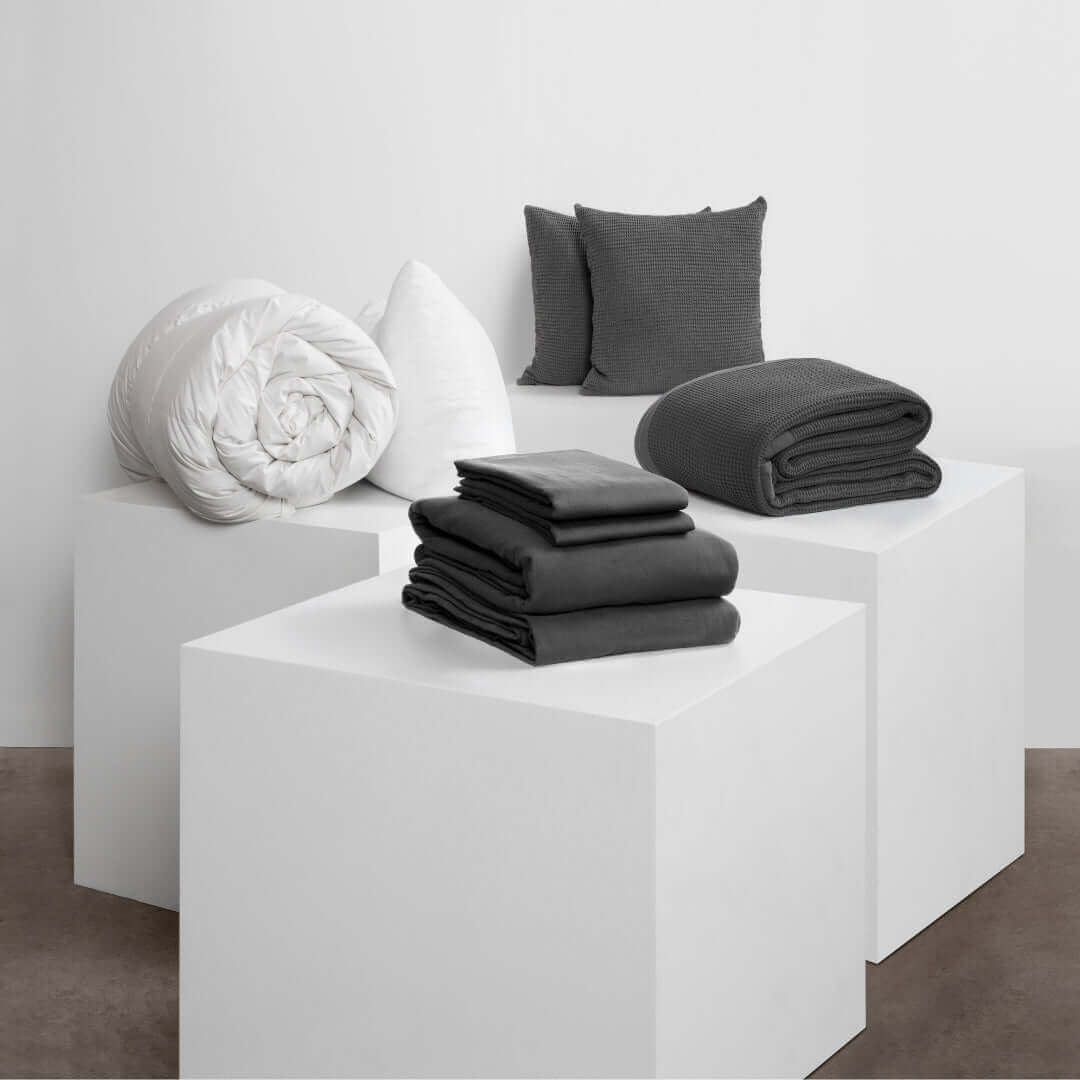
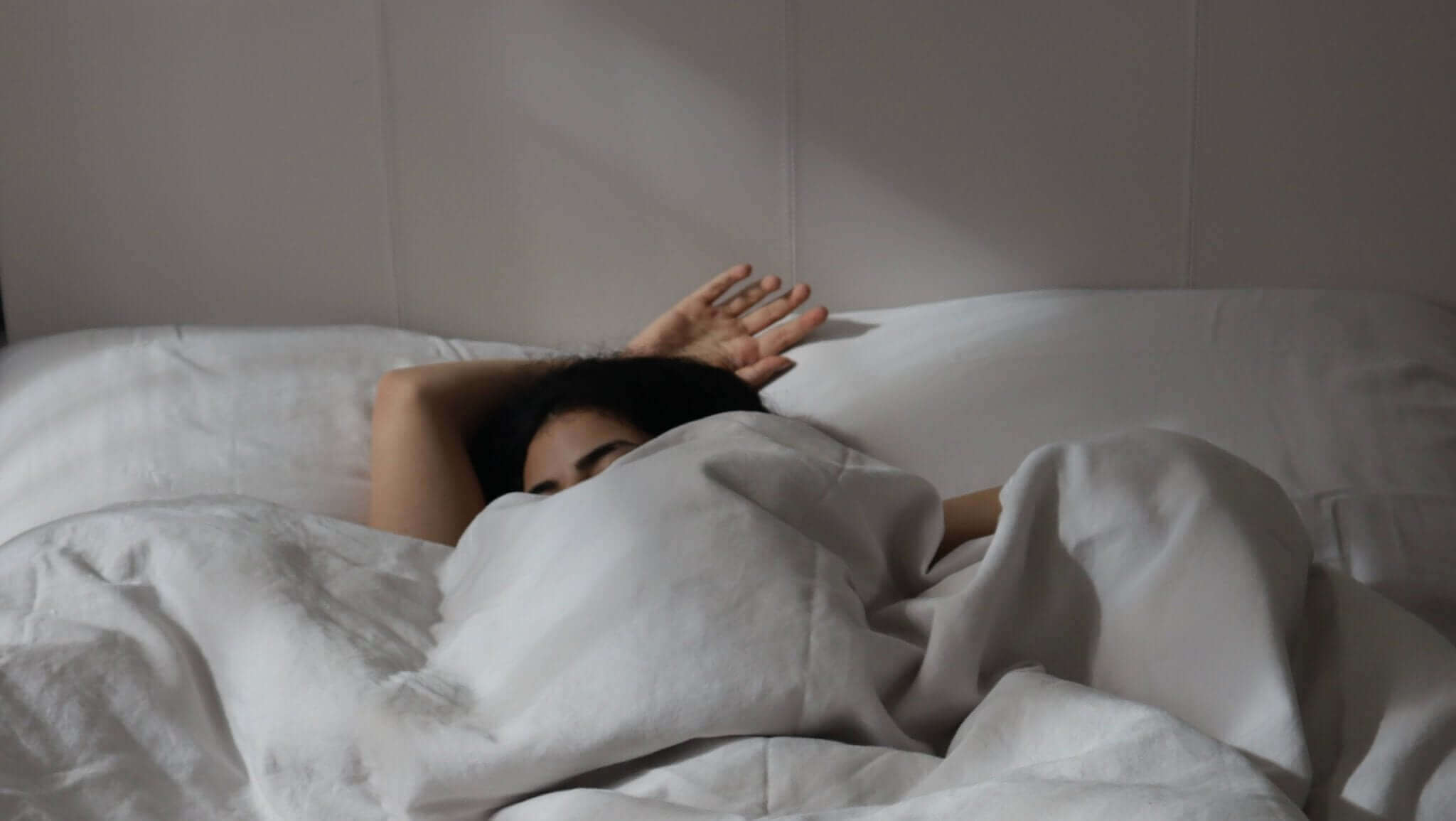
Share:
Music To Help You Sleep
How to Remove Stains from Bedding